Cape Cod: A Jewel on the Northeastern Coast of the United States
Related Articles: Cape Cod: A Jewel on the Northeastern Coast of the United States
Introduction
With great pleasure, we will explore the intriguing topic related to Cape Cod: A Jewel on the Northeastern Coast of the United States. Let’s weave interesting information and offer fresh perspectives to the readers.
Table of Content
- 1 Related Articles: Cape Cod: A Jewel on the Northeastern Coast of the United States
- 2 Introduction
- 3 Cape Cod: A Jewel on the Northeastern Coast of the United States
- 3.1 Geographical Location and Formation
- 3.2 Navigational Significance and Historical Relevance
- 3.3 Natural Beauty and Diverse Ecosystems
- 3.4 Tourism and Recreation
- 3.5 Coastal Hazards and Environmental Challenges
- 3.6 Economic Significance and Industry
- 3.7 Cultural Heritage and Local Identity
- 3.8 FAQs about Cape Cod
- 3.9 Tips for Visiting Cape Cod
- 3.10 Conclusion
- 4 Closure
Cape Cod: A Jewel on the Northeastern Coast of the United States
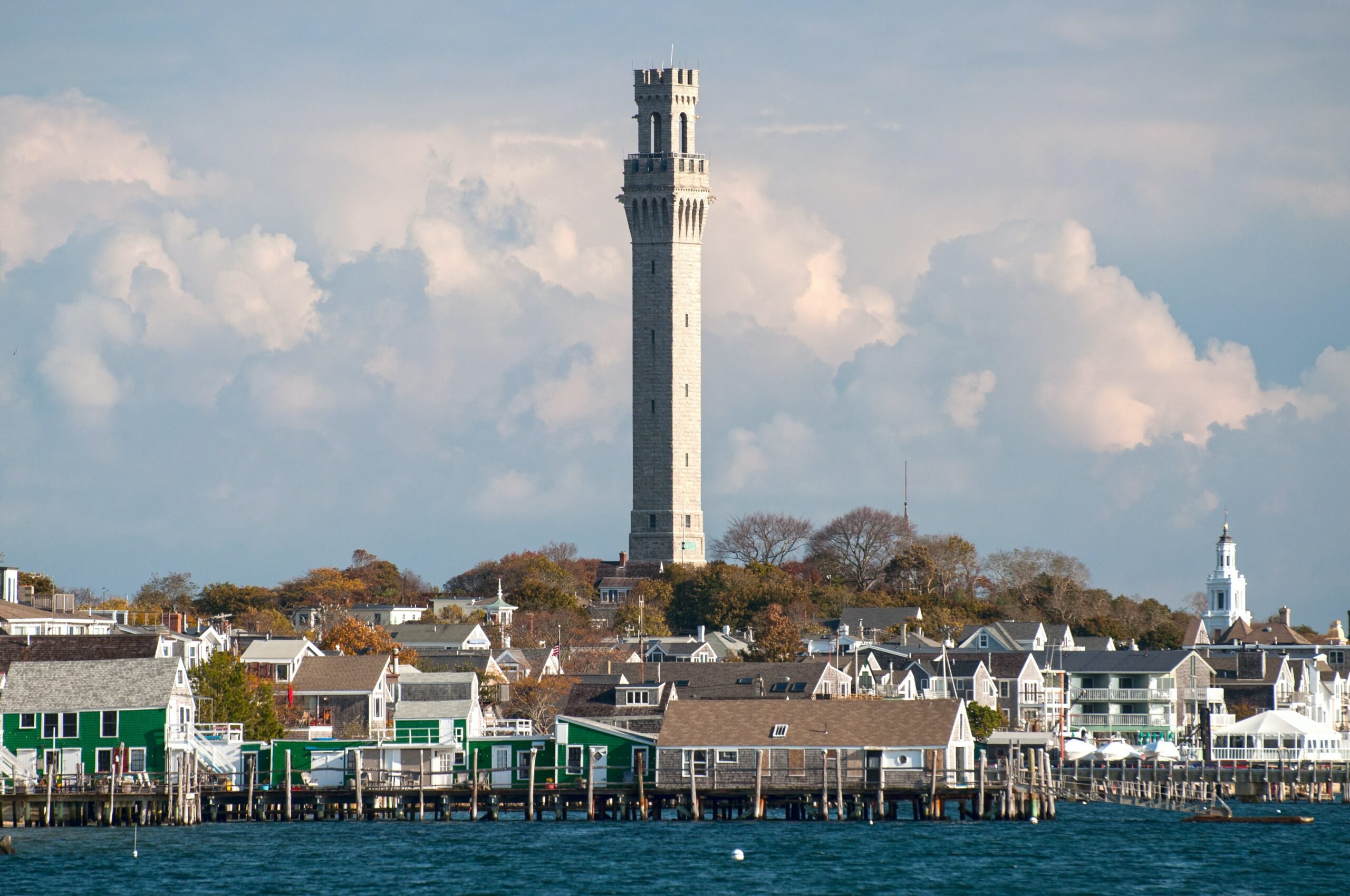
Cape Cod, a distinctive geographical feature jutting out into the Atlantic Ocean, holds a prominent place on the map of the northeastern United States. This iconic peninsula, renowned for its picturesque beaches, charming towns, and rich history, is a cherished destination for both residents and visitors. Its unique location, nestled within the state of Massachusetts, contributes significantly to its allure, offering a captivating blend of natural beauty and cultural heritage.
Geographical Location and Formation
Cape Cod, a geological marvel, owes its existence to the relentless forces of nature. Its formation, dating back to the last glacial period, is a testament to the transformative power of ice sheets and the subsequent rise of sea levels. As the glaciers retreated, they left behind vast amounts of sediment, which, over time, were shaped by wind and waves into the distinctive hook-shaped peninsula we see today.
The Cape’s location, extending eastward from the mainland of Massachusetts, positions it at a critical juncture where the Atlantic Ocean meets the Gulf of Maine. This strategic positioning has played a pivotal role in shaping its history, culture, and economy.
Navigational Significance and Historical Relevance
Cape Cod’s strategic location has made it a crucial navigational landmark for centuries. Its distinctive shape, easily recognizable from afar, served as a beacon for ships navigating the treacherous waters off the Atlantic coast. This historical significance is reflected in its name, "Cape Cod," which is believed to have originated from the early English settlers who were struck by the abundance of codfish in its waters.
The Cape’s strategic importance was further solidified during the early days of European colonization. Its location provided a crucial link between the mainland and the emerging colonies in New England, facilitating trade and communication. This historical legacy continues to influence the region’s identity, with numerous historical landmarks and museums showcasing its rich past.
Natural Beauty and Diverse Ecosystems
Cape Cod’s natural beauty is renowned throughout the world. Its pristine beaches, stretching for miles along the coastline, offer stunning views of the Atlantic Ocean. The Cape’s diverse ecosystems, ranging from sandy dunes and salt marshes to dense forests and freshwater ponds, provide habitat for a wide array of flora and fauna.
The Cape Cod National Seashore, a protected area encompassing over 40 miles of coastline, is a testament to the region’s natural splendor. This vast expanse of sand dunes, beaches, and salt marshes offers opportunities for recreation, exploration, and wildlife observation.
Tourism and Recreation
Cape Cod’s captivating natural beauty and rich history have made it a highly sought-after tourist destination. The Cape’s charming towns, with their quaint shops, art galleries, and vibrant culinary scenes, offer visitors a unique and memorable experience.
The region’s diverse recreational opportunities cater to a wide range of interests. From swimming and sunbathing on its pristine beaches to hiking through its scenic trails, biking along its dedicated paths, and exploring its rich cultural heritage, Cape Cod offers something for everyone.
Coastal Hazards and Environmental Challenges
While Cape Cod’s location on the Atlantic coast offers unparalleled beauty, it also presents unique challenges. The region is vulnerable to coastal erosion, storms, and rising sea levels, all of which pose threats to its environment and infrastructure.
The Cape’s delicate ecosystems are also susceptible to human activity, including pollution and habitat loss. Balancing the needs of tourism and development with the preservation of the region’s natural resources is an ongoing challenge for local communities and policymakers.
Economic Significance and Industry
Cape Cod’s economy is heavily reliant on tourism, with its vibrant summer season drawing visitors from across the globe. The region’s fishing industry, a cornerstone of its history, continues to play a significant role in its economy.
The Cape’s thriving arts and culture scene also contributes significantly to its economic well-being. The region’s numerous galleries, theaters, and museums attract visitors and support a diverse range of creative industries.
Cultural Heritage and Local Identity
Cape Cod’s unique cultural heritage is deeply rooted in its history, geography, and environment. The region’s maritime traditions, its connection to the sea, and its strong sense of community have shaped its identity.
The Cape’s literary heritage, with renowned authors like Henry David Thoreau and Nathaniel Hawthorne drawing inspiration from its landscapes, further enriches its cultural tapestry.
FAQs about Cape Cod
Q: What is the best time to visit Cape Cod?
A: The best time to visit Cape Cod depends on your preferences. The summer months (June-August) offer warm weather, ideal for swimming and sunbathing. Spring and fall offer milder temperatures and fewer crowds, while winter brings a unique charm with its snowy landscapes.
Q: What are some of the must-see attractions on Cape Cod?
A: Cape Cod offers a wealth of attractions, including the Cape Cod National Seashore, the Chatham Lighthouse, the Pilgrim Monument in Provincetown, and the Cape Cod Rail Trail.
Q: What are some of the best beaches on Cape Cod?
A: Some of the most popular beaches on Cape Cod include Nauset Beach, Race Point Beach, and Coast Guard Beach.
Q: How do I get to Cape Cod?
A: Cape Cod is easily accessible by car via the Massachusetts Turnpike and Route 6. There are also several airports in the region, including Boston Logan International Airport and Barnstable Municipal Airport.
Q: What are some of the best places to stay on Cape Cod?
A: Cape Cod offers a wide range of accommodation options, from luxury hotels and resorts to charming bed and breakfasts and vacation rentals.
Tips for Visiting Cape Cod
- Plan your trip in advance: Cape Cod is a popular destination, especially during the summer months. Booking accommodations and activities in advance is recommended.
- Consider the weather: Cape Cod’s weather can be unpredictable, so pack layers and be prepared for anything.
- Explore the Cape’s diverse ecosystems: From beaches and dunes to forests and ponds, Cape Cod offers a wealth of natural beauty to explore.
- Sample the local seafood: Cape Cod is renowned for its fresh seafood, so be sure to try some local favorites.
- Enjoy the Cape’s arts and culture: The Cape offers a vibrant arts and culture scene, with numerous galleries, theaters, and museums to explore.
Conclusion
Cape Cod, a distinctive peninsula on the northeastern coast of the United States, holds a unique place in the American landscape. Its captivating natural beauty, rich history, vibrant culture, and diverse recreational opportunities make it a cherished destination for both residents and visitors. While facing challenges related to coastal hazards and environmental pressures, Cape Cod continues to thrive as a testament to the enduring power of nature and the resilience of its communities. Its location on the map of the United States serves as a constant reminder of its enduring appeal and its place as a beacon of beauty and wonder.


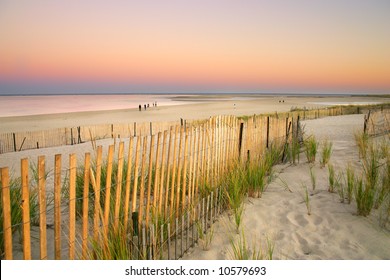
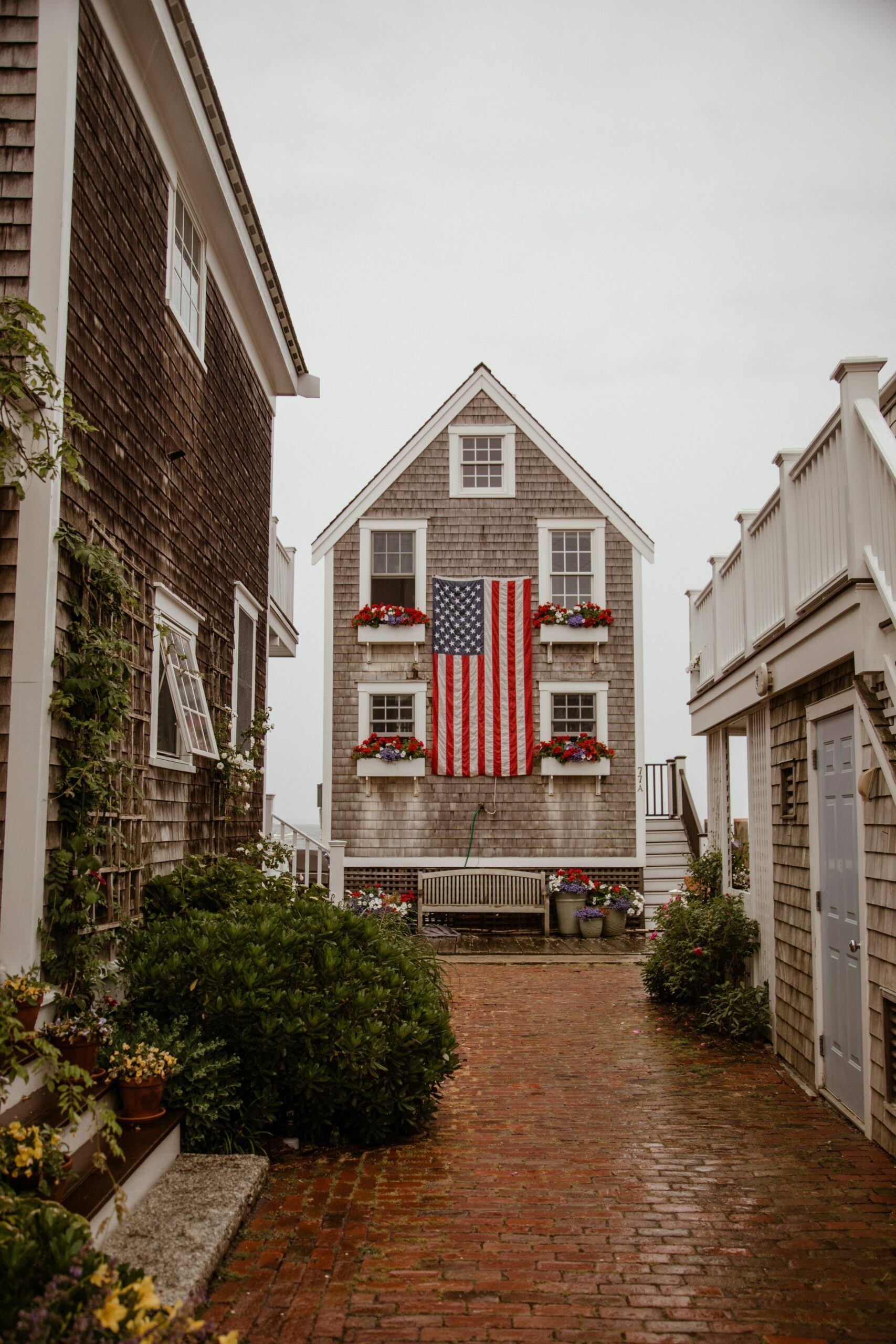
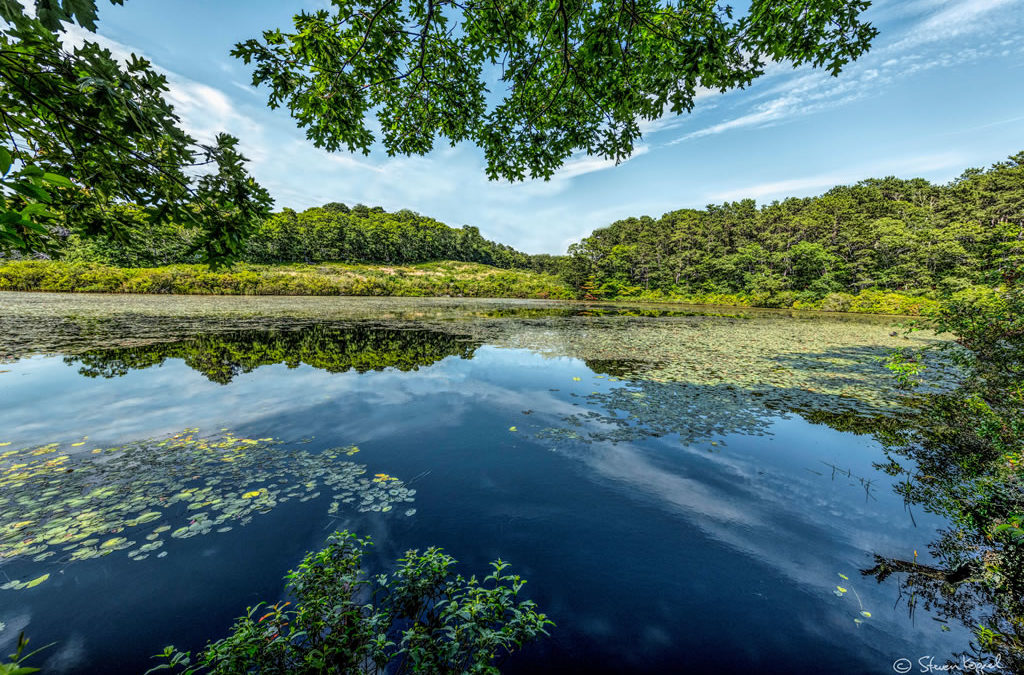

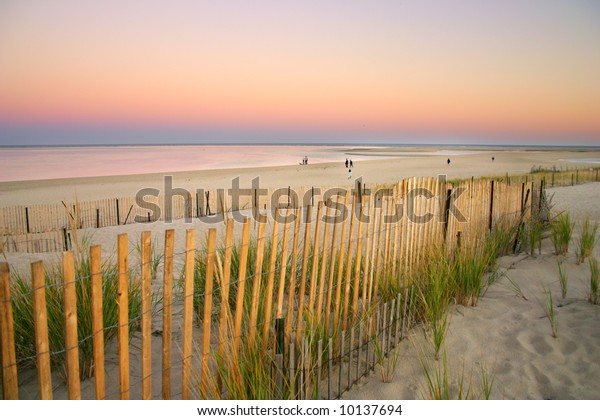
:quality(70)/d1hfln2sfez66z.cloudfront.net/07-29-2020/t_c88e50c6f5e740c6b9e4e299d4863e53_name_7BCC64F609B14802A3BCB72E2C03EA2D.jpg)
Closure
Thus, we hope this article has provided valuable insights into Cape Cod: A Jewel on the Northeastern Coast of the United States. We thank you for taking the time to read this article. See you in our next article!